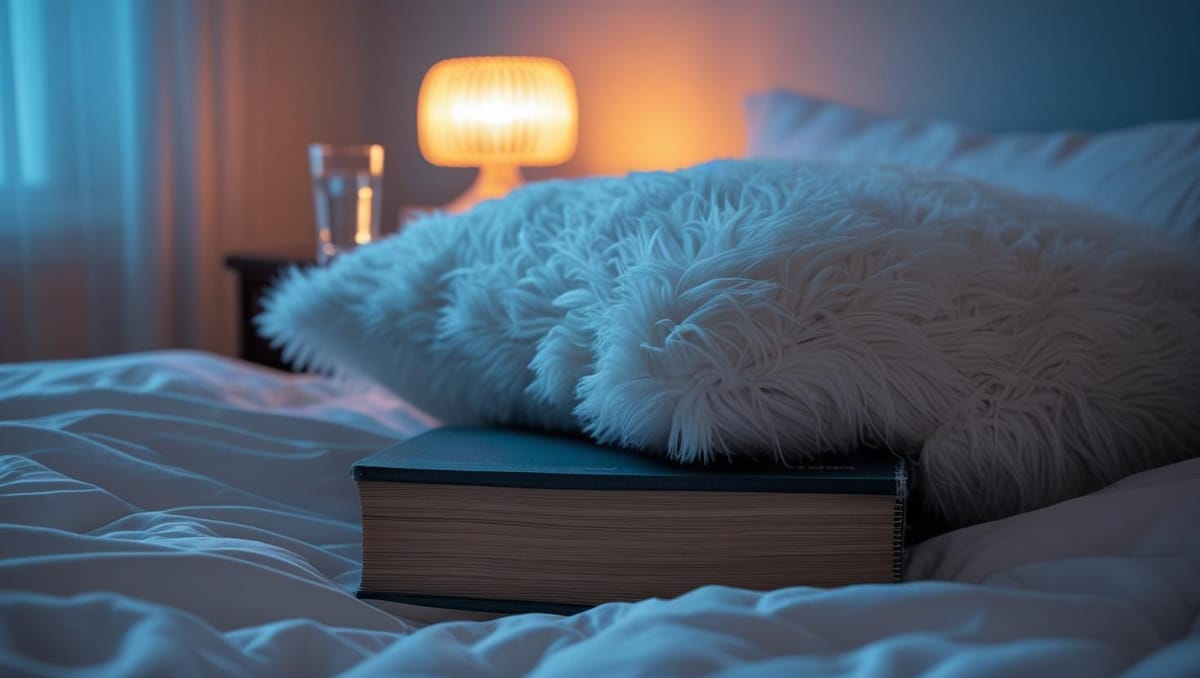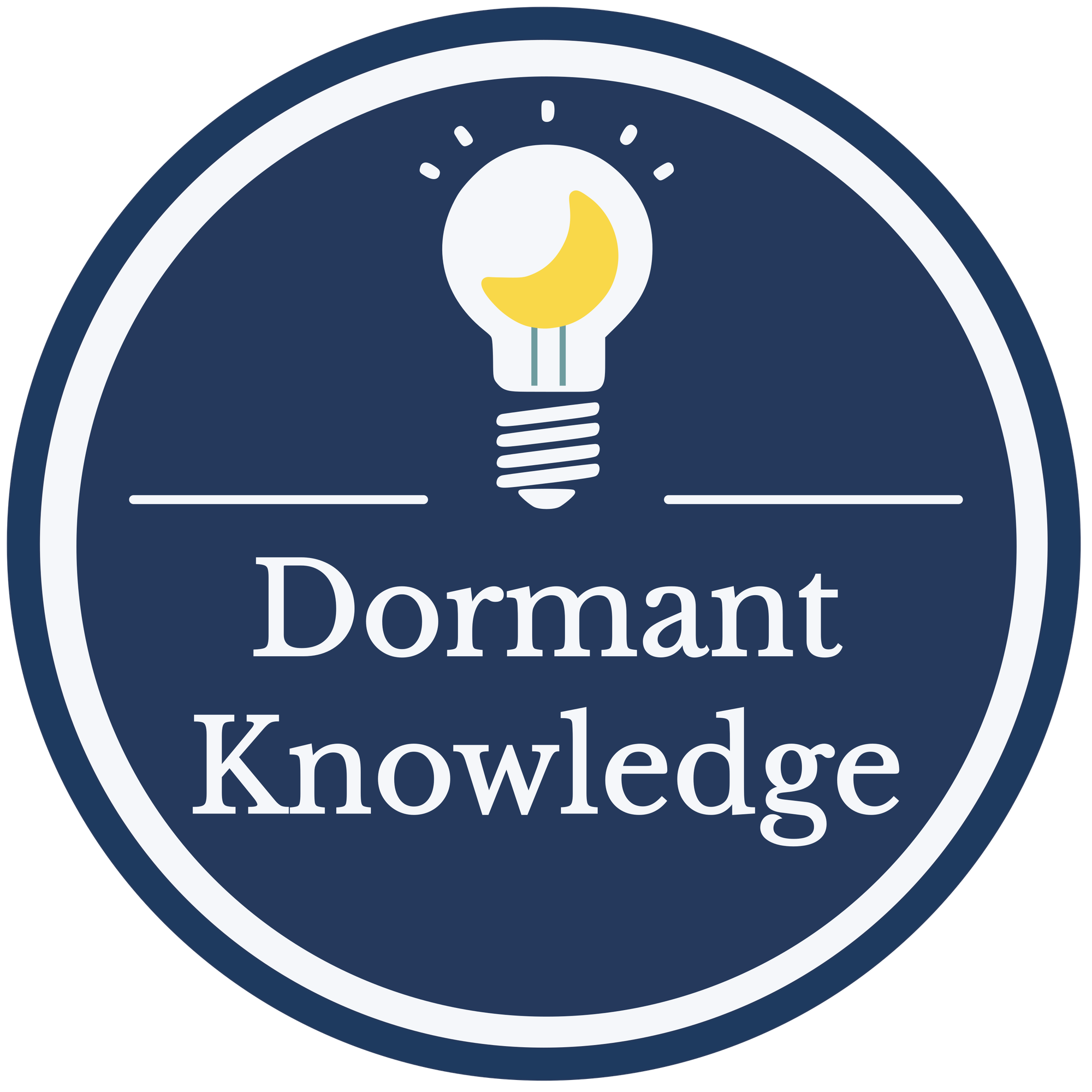The Science of Learning While You Sleep (Sorry, Encyclopedia Under the Pillow Doesn't Count)
Here's the fascinating thing: while you can't literally absorb facts through your pillowcase, there is legitimate science behind learning and sleep that's way more interesting than cartoon physics.

We've all been there. It's the night before a big exam, and you're desperately wondering if there's some magical way to absorb information while you sleep. Maybe you've even considered the old cartoon trope of sleeping with a textbook under your pillow, hoping that osmosis might work for more than just cell membranes. Spoiler alert: it doesn't. Your pillow isn't a knowledge-transfer device, no matter how many chemistry formulas you stuff underneath it.
But here's the fascinating thing: while you can't literally absorb facts through your pillowcase, there is legitimate science behind learning and sleep that's way more interesting than cartoon physics.
Your Brain's Night Shift
While you're catching Z's, your brain is actually pulling an all-nighter. During sleep, particularly during slow-wave sleep (the deep, restorative kind), your brain is busy consolidating memories from the day. Think of it as your brain's filing system working overtime, moving important information from temporary storage into long-term memory banks.
A landmark study by Rasch and Born (2013) found that information learned before sleep is better retained than information learned at other times of the day. It's like your brain has a built-in "save" function that works best when you're unconscious. Pretty neat trick, considering most of us can barely remember where we put our keys when we're awake.
The Sweet Spot: Learning While Drowsy
Here's where it gets really interesting for those of us creating sleep-friendly educational content. The transition period between wakefulness and sleep (that drowsy, half-conscious state) might actually be an optimal time for certain types of learning.
During this hypnagogic state (fancy word for "almost asleep"), your brain is in a unique condition. You're relaxed enough that stress and overthinking aren't getting in the way, but you're still conscious enough to process information. It's like having access to your brain's VIP lounge: less crowded, more receptive to new ideas.
Audio Learning: Your Sleepy Brain's Best Friend
Multiple studies have shown that auditory information can be processed during light sleep stages. Schönauer and colleagues (2014) demonstrated that people can form new memories from audio input during specific phases of sleep, particularly during the lighter stages of non-REM sleep.
This doesn't mean you can learn Mandarin by playing language tapes all night (though wouldn't that be convenient?). But it does suggest that gentle, spoken content during the drowsy transition to sleep can be absorbed and retained. The key word here is "gentle": nobody's learning calculus from a drill sergeant shouting derivatives at 3 AM.
The Relaxation Factor
One of the most significant benefits of bedtime learning isn't mystical sleep absorption, it's simply that you're relaxed. When you're stressed or anxious, your brain produces cortisol, which can actually impair memory formation. But when you're cozy in bed, ready to drift off, your cortisol levels drop and your brain becomes more receptive to new information.
Studies on relaxation and learning, including work by Schwabe and Wolf (2010), consistently show that a calm, unstressed state improves memory consolidation. So that peaceful, drowsy feeling isn't just nice: it's scientifically optimal for absorbing information.
What This Means for Bedtime Learning
The research suggests that while you can't magically download knowledge like Neo in The Matrix, there are real benefits to learning during your pre-sleep routine:
Memory consolidation improves when you learn something right before sleep, as your brain processes that information during the night.
Relaxed attention during drowsiness can actually enhance certain types of learning, particularly for conceptual or narrative information.
Stress reduction creates an optimal environment for memory formation. This is much better than cramming while anxious.
Audio processing continues during light sleep stages, meaning spoken content can potentially be absorbed even as you drift off.
The Bottom Line
So while sleeping with an encyclopedia under your pillow remains scientifically unsound (and probably uncomfortable), the idea of learning while sleepy isn't complete nonsense. Your brain is primed for certain types of information processing during the transition to sleep, and the relaxed state of bedtime creates ideal conditions for memory formation.
The trick is finding content that's engaging enough to hold your interest but gentle enough not to keep you wide awake. This requires a delicate balance that calls for just the right combination of fascinating topics and soothing delivery.
Sweet dreams, and happy learning!
References
Cellini, N., et al. (2016). Sleep and learning: The impact of sleep and sleep deprivation on learning and memory. Nature and Science of Sleep, 8, 1-10.
Rasch, B., & Born, J. (2013). About sleep's role in memory. Physiological Reviews, 93(2), 681-766.
Schönauer, M., et al. (2014). Strengthening procedural memories by reactivation in sleep. Journal of Cognitive Neuroscience, 26(1), 143-153.
Schwabe, L., & Wolf, O. T. (2010). Learning under stress impairs memory formation. Neurobiology of Learning and Memory, 93(2), 183-188.




